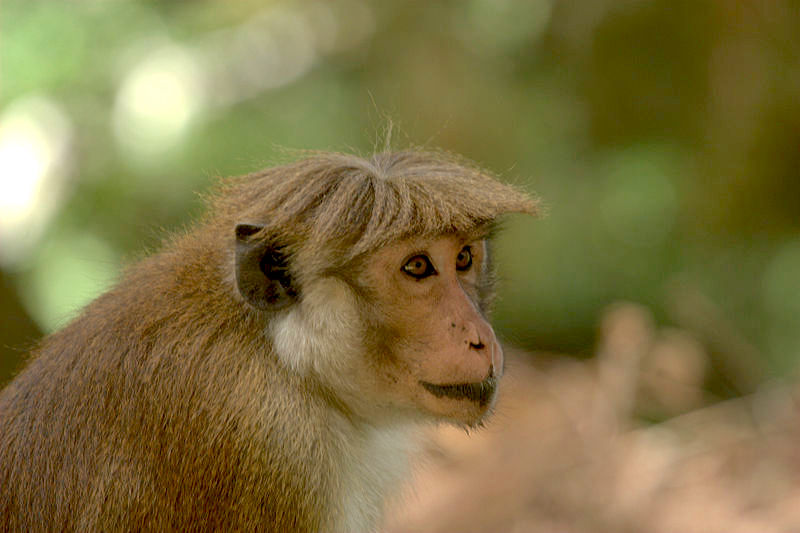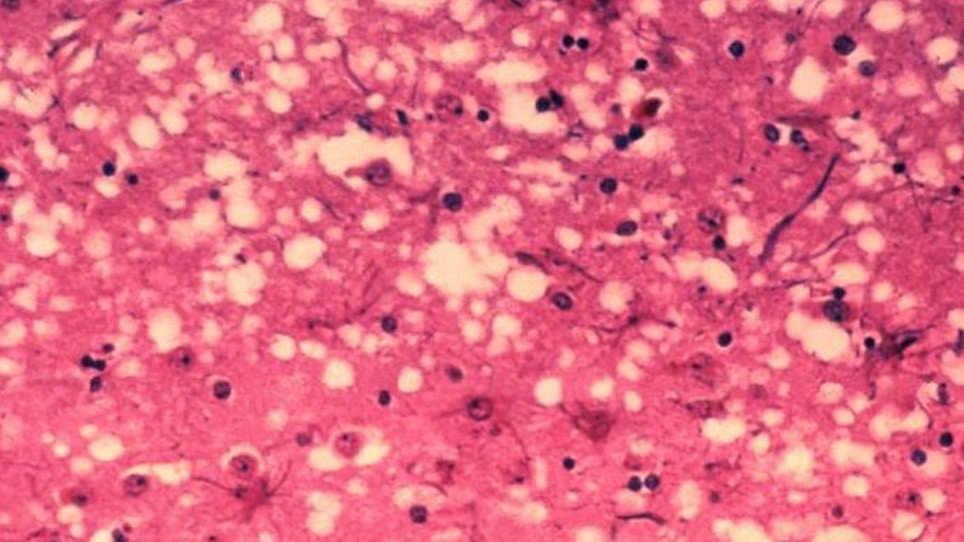A study by University of California San Diego suggests human prion proteins are resistant to Chronic Wasting Disease (CWD), according to the Lone Star Outdoor News. Study findings were recently reported by the Texas news outlet, but the study itself was published in February 2017.
The study shows a small loop in the human prion that prevents corruption when exposed to elk prions. Essentially, this loop in the human prion protein blocks the cervid prions from binding.
Related: CWD Frequently Asked Questions
As reported by Lone Star Outdoor News:
The importance of this finding cannot be over-emphasized, since Texans consume some fifteen million pounds of deer and elk venison annually.
“Since the loop has been found to be a key segment in prion protein aggregation, this site could be targeted for the development of new therapeutics designed to block prion conversions,” said Christine Sigurdson, DVM, PhD, associate professor of UC San Diego and UC Davis and senior author of the study.
Prions aren’t microorganisms like bacteria and viruses; they are simply protein aggregates. Some protein diseases are caused by an inherited genetic mutation, while others are caused by exposure to infectious prions in food. Acquired protein diseases are triggered when a foreign, misfolded prion protein causes the body’s own natural prion proteins to misfold and aggregate.
Related: New Research Zeros in on How CWD Is Spreading
The Centers for Disease Control and Prevention (CDC) does not, however, cite the University of California San Diego study in its online materials covering CWD transmissions. The site's information was updated March 2018, more than a year since study outcomes were made public. Instead, the CDC cites research where CWD prions infected squirrel monkeys and laboratory mice that carry some human genes. "Another study that began in 2009 by Canadian and German scientists is evaluating whether CWD can be transmitted to macaques, a type of monkey that is genetically closer to people than any other animal that has been infected with CWD previously." According to the CDC.

Macaques, a monkey genetically closer to humans than any other animal infected with CWD previously, has been at the center of research on CWD transmission. Photo: Gihan Jayaweera (Wikipedia)
Scientists overseeing this study presented a 2017 report that showed CWD was transmitted to the macaques monkeys. The infection was spread through the consumption of infected meat as well as meat taken from infected, but asymptomatic deer.
Although the CDC has not published information suggesting CWD is not infectious to humans, the center has also stopped short of confirming transmission from cervid animals to humans is possible. “To date, there is no strong evidence for the occurrence of CWD in people, and it is not known if people can get infected with CWD prions. Nevertheless, these experimental studies raise the concern that CWD may pose a risk to people and suggest that it is important to prevent human exposures to CWD.”
Studies and research efforts about CWD take years because of the slow progression from initial infection to symptoms of the disease appearing.
Featured Photo: Dr. Al Jenny, Public Health Image Library, APHIS
Here's What's New in Whitetail Journal
What's Influenced Most by an Animal's Age: Meat Tenderness or Flavor?
Waste Not: What Can I Make Using Deer Hooves?
Video: Motorists Captures Doe Nudging Fawn to Safety
You Have Your Trail Cameras, But Do You Have a Plan?






